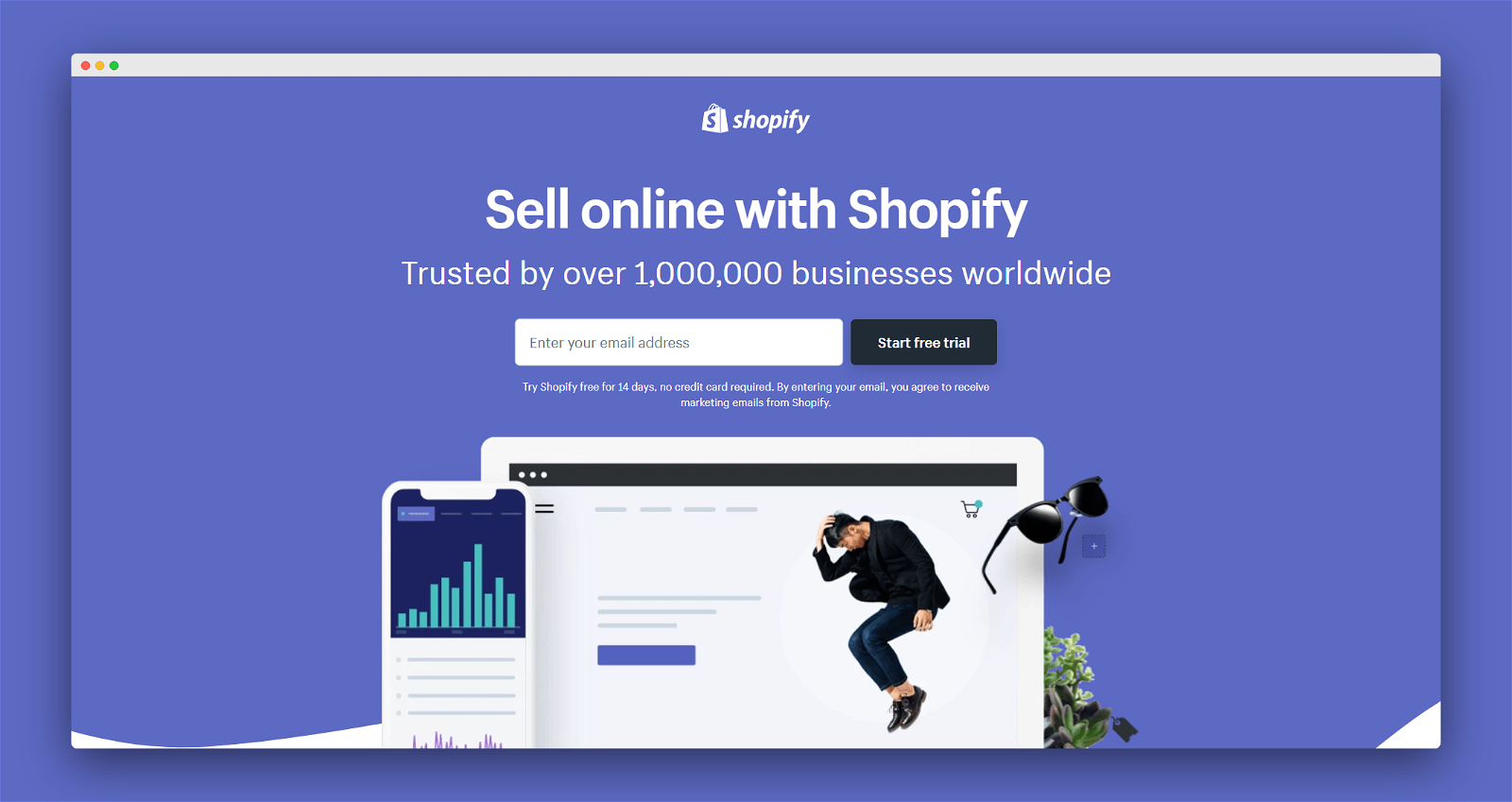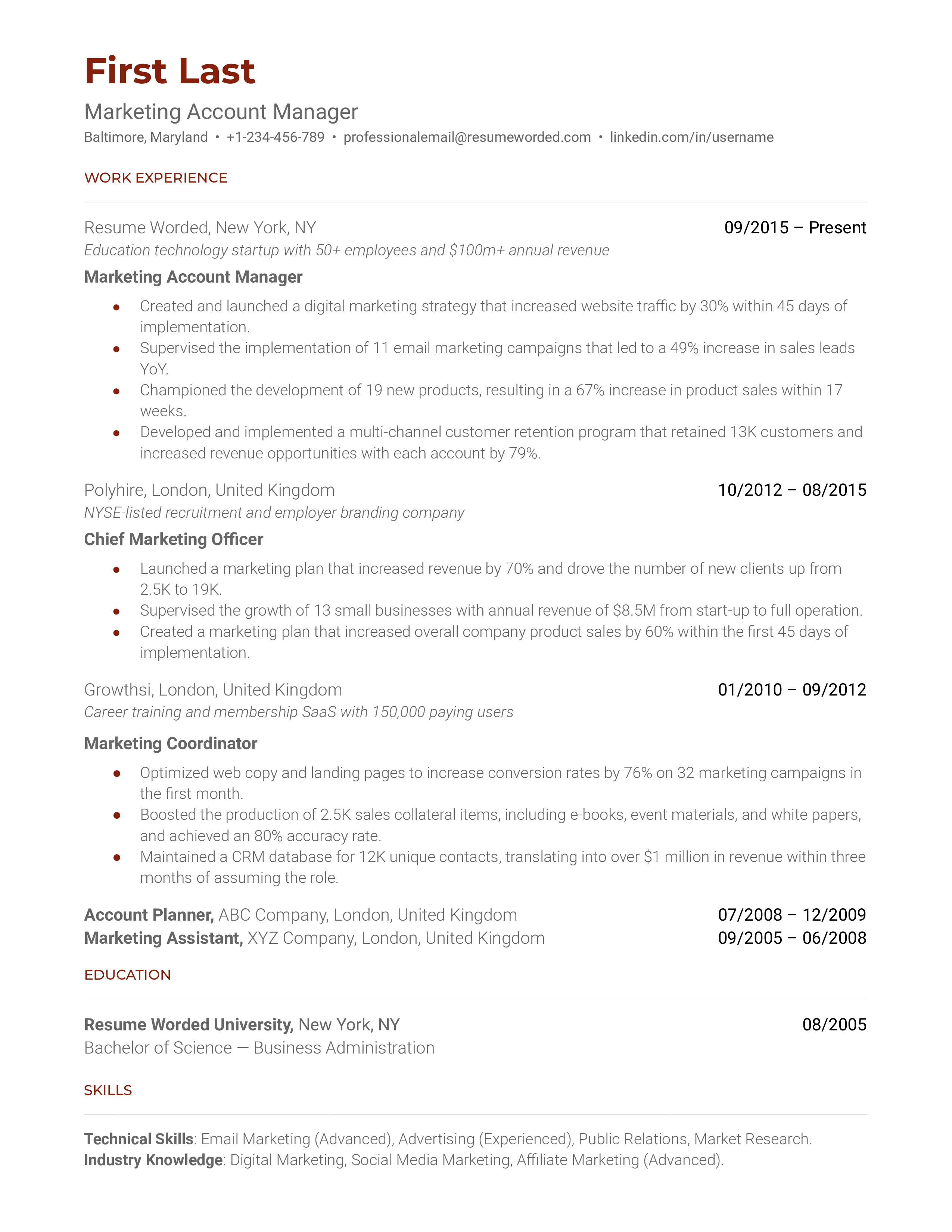Buying 1,000,000 email addresses for email marketing is not recommended. It can harm your reputation, lead to legal issues, and damage your brand.
Email marketing is powerful when done right. You might wonder if buying email addresses is a shortcut to success. The truth is, it can do more harm than good. Purchased lists often contain outdated or fake emails. This can lead to high bounce rates and low engagement.
Worse, it can get you flagged as a spammer. Building your own list takes time but ensures quality contacts. This approach builds trust and fosters long-term relationships. In this post, we will explore the risks of buying email lists and how to grow your list organically. Let’s dive in and learn the best practices for successful email marketing.
Introduction To Buying Email Addresses
Purchasing email addresses for email marketing can seem like a fast way to grow your audience. Many businesses think that buying a large list will quickly boost their marketing efforts. But it is not just about the quantity. The quality of the email addresses matters a lot. This section will discuss why quality is crucial and the risks of low-quality lists.
Importance Of Quality Email Lists
Quality email lists can significantly impact your marketing success. A good list ensures your emails reach people who are interested in your products or services. This increases the chance of getting responses and sales.
High-quality lists contain verified and active email addresses. These addresses belong to users who are more likely to engage with your content. This leads to higher open rates and click-through rates.
Using quality lists helps to protect your sender reputation. A good reputation means email providers are more likely to deliver your messages to inboxes instead of spam folders.
Risks Of Low-quality Lists
Low-quality email lists can harm your marketing efforts. They often contain outdated or fake email addresses. This results in high bounce rates, which can damage your sender reputation.
These lists may also include email addresses of people who never agreed to receive your emails. Sending unsolicited emails can lead to spam complaints. This can result in your emails being blocked by providers.
Using low-quality lists can waste resources. Your team might spend time and money crafting emails that never reach the right audience. This reduces the return on investment for your marketing campaigns.
Investing in quality email lists is essential for effective email marketing. It ensures that your efforts reach the right people and yield positive results.
Reputable Sources For Email Lists
Finding reputable sources for email lists is crucial for successful email marketing. Buying email addresses from trustworthy providers ensures you get quality leads. Here are some reliable options to consider.
Verified Email List Providers
Verified email list providers offer lists that have been checked for accuracy. They ensure the email addresses are valid and active. Here are some trusted providers:
| Provider | Features |
|---|---|
| Experian | Comprehensive data, customizable lists |
| ZoomInfo | Detailed company information, verified contacts |
| Data.com | Extensive database, reliable sources |
These providers offer lists that are updated regularly. This ensures the emails you send reach the right audience.
Industry-specific Email Databases
Industry-specific email databases target particular sectors. They help you reach a more focused audience. Here are some examples:
- Healthcare: MedData Group provides verified healthcare professional emails.
- Finance: Dun & Bradstreet offers detailed financial sector email lists.
- Technology: TechData offers lists of IT professionals and tech companies.
These databases are tailored to specific industries. This increases the likelihood of engagement from your target audience.
Evaluating Email List Providers
Finding the right email list provider can be tricky. It’s important to evaluate various aspects before making a decision. This section will help you understand how to assess email list providers effectively.
Provider Reputation
First, consider the provider’s reputation. A reputable provider is known for delivering high-quality email lists. They follow ethical practices and comply with regulations. Check if the provider has been in the business for a long time. Longevity often indicates reliability and trustworthiness.
Customer Reviews
Customer reviews offer valuable insights. Look at what others say about the provider. Positive reviews can indicate good service and satisfaction. Negative reviews might highlight issues you need to consider. Look for patterns in the feedback. Consistent complaints may signal potential problems.

Credit: www.nocode.tech
Legal Considerations
When buying a large email list, understanding the legal requirements is crucial. Ignoring these rules can lead to penalties. Let’s explore the key legal considerations.
Compliance With Gdpr
The General Data Protection Regulation (GDPR) is a law in Europe. It protects personal data and privacy. Here are some important points:
- Consent: You must have clear consent from each email address owner.
- Data Protection: Ensure the email provider complies with GDPR rules.
- Right to be Forgotten: Users can request the deletion of their data.
Non-compliance can result in heavy fines. Always prioritize user consent and data security.
Can-spam Act Guidelines
The CAN-SPAM Act is a U.S. law that sets rules for commercial emails. Key guidelines include:
- Do not use false or misleading header information.
- Avoid deceptive subject lines.
- Identify the message as an ad.
- Tell recipients where you are located.
- Inform recipients how to opt-out of future emails.
- Honor opt-out requests promptly.
Violating the CAN-SPAM Act can lead to legal action. Following these guidelines ensures your email marketing is compliant.
Cost Factors
Buying 1,000,000 email addresses for email marketing can be expensive. Understanding cost factors can help make a wise decision. Here, we break down the main cost factors involved.
Price Ranges
The price of email lists varies. Many factors affect the cost, including the source and quality of the email addresses. Below is a simple table showing common price ranges:
| Source | Price Range (USD) |
|---|---|
| Low-Quality Lists | $100 – $500 |
| Medium-Quality Lists | $500 – $2,000 |
| High-Quality Lists | $2,000 – $10,000+ |
High-quality lists usually come from reliable sources. These lists are more expensive but offer better results.
Hidden Fees
Be aware of hidden fees. Some companies charge extra costs. These fees can include:
- Setup fees
- Maintenance fees
- Additional data fees
Setup fees cover the initial cost of preparing the list. Maintenance fees keep the list updated. Additional data fees include extra information like demographic details.
Always ask for a detailed quote. Knowing all costs upfront can prevent surprises.

Credit: www.campaignmonitor.com
Ensuring Data Quality
Buying 1,000,000 email addresses can boost your email marketing efforts. But, ensuring data quality is crucial. Poor data can harm your campaign and reputation. High-quality data leads to better engagement and results.
Verification Processes
Verification processes help ensure the email addresses are valid. These processes check for common errors in email addresses. They also identify and remove duplicates. This step helps maintain a clean and reliable email list.
Some services offer real-time verification. This means the email addresses are checked as they are added to your list. This reduces the chance of invalid emails slipping through.
Data Accuracy
Accurate data is key to a successful email marketing campaign. High data accuracy means more emails reach the right inboxes. This increases the chances of your message being read.
Data accuracy involves checking the domain and syntax of email addresses. It also includes validating the existence of the email server. This ensures the emails you send won’t bounce back.
Regular updates to your email list help maintain accuracy. Outdated data can lead to high bounce rates and poor engagement. Investing in accurate data can save time and improve results.
Tips For Effective Email Marketing
Email marketing can be a powerful tool for businesses. But, success depends on how you use it. Here are some tips to make the most out of your email marketing efforts.
Segmentation Strategies
Segmentation is key to effective email marketing. It involves dividing your email list into smaller groups. Each group shares common traits or behaviors. This allows you to send more relevant content.
Here are some ways to segment your email list:
- By demographic information (age, gender, location)
- By past purchase behavior
- By email engagement levels
- By interests or preferences
Example:
| Segment | Criteria | Message Type |
|---|---|---|
| Young Adults | Age: 18-25 | Trendy products |
| Frequent Buyers | More than 5 purchases | Exclusive offers |
| Inactive Users | No interaction in 6 months | Re-engagement campaigns |
Personalization Techniques
Personalization makes your emails feel more tailored and relevant. It goes beyond using the recipient’s name.
Here are some effective personalization techniques:
- Use the recipient’s name in the subject line.
- Customize content based on past behavior.
- Send birthday or anniversary greetings.
- Recommend products based on past purchases.
- Send location-specific offers and events.
Example:
Instead of “Check out our new products,” you can say, “John, check out these new products you’ll love!”
Personalizing your emails helps in building a connection with your audience. It increases engagement and improves your ROI.

Credit: resumeworded.com
Measuring Success
Buying 1,000,000 email addresses for email marketing is a big investment. To ensure this investment pays off, measuring success is critical. Monitoring key metrics and optimizing campaigns can lead to better results. Let’s explore how to measure success effectively.
Key Metrics
Key metrics are essential for tracking the performance of your email marketing campaigns. Here are the most important metrics to consider:
- Open Rate: The percentage of recipients who open your email. A higher open rate indicates effective subject lines and timing.
- Click-Through Rate (CTR): The percentage of recipients who click on links within your email. This shows how engaging your content is.
- Conversion Rate: The percentage of recipients who complete a desired action, such as making a purchase or signing up for a webinar. This is a key indicator of the campaign’s effectiveness.
- Bounce Rate: The percentage of emails that are not delivered. A high bounce rate could indicate issues with your email list quality.
- Unsubscribe Rate: The percentage of recipients who opt-out of your email list. A low unsubscribe rate suggests that your content is relevant and valued.
Optimizing Campaigns
Optimizing campaigns is crucial for continuous improvement. Here are some strategies to consider:
- A/B Testing: Experiment with different subject lines, content, and send times to see what performs best.
- Personalization: Use recipient names and tailor content to their preferences to boost engagement.
- Segmentation: Divide your email list into smaller groups based on demographics, interests, or behavior for more targeted campaigns.
- Mobile Optimization: Ensure your emails are mobile-friendly since many users check their emails on mobile devices.
- Content Quality: Focus on creating valuable and relevant content that addresses your audience’s needs and interests.
Monitoring these key metrics and optimizing your campaigns can help improve your email marketing efforts. This will ensure you get the most out of your investment in purchasing email addresses.
Frequently Asked Questions
Where Can I Buy Email Addresses For Marketing?
You can buy email addresses from online marketplaces, email list brokers, or specialized services.
Is It Legal To Buy Email Addresses?
It depends on the country’s laws. Always check regulations like GDPR or CAN-SPAM Act.
What Should I Consider Before Buying Email Lists?
Check the source’s reputation, data accuracy, and compliance with laws.
How Do I Verify Purchased Email Addresses?
Use email verification tools to check for validity and reduce bounce rates.
Are There Risks In Buying Email Addresses?
Yes, risks include low engagement, spam complaints, and potential legal issues. Always research first.
Conclusion
Finding the right source for email addresses is crucial. Ensure you choose a reputable provider. Your email marketing success depends on data quality. Avoid scams and do thorough research. Reliable sources offer better results. Always adhere to legal guidelines. Protect your business and reputation.
Start small and scale up gradually. Effective email marketing requires genuine, verified lists. Happy emailing!



Leave a Reply